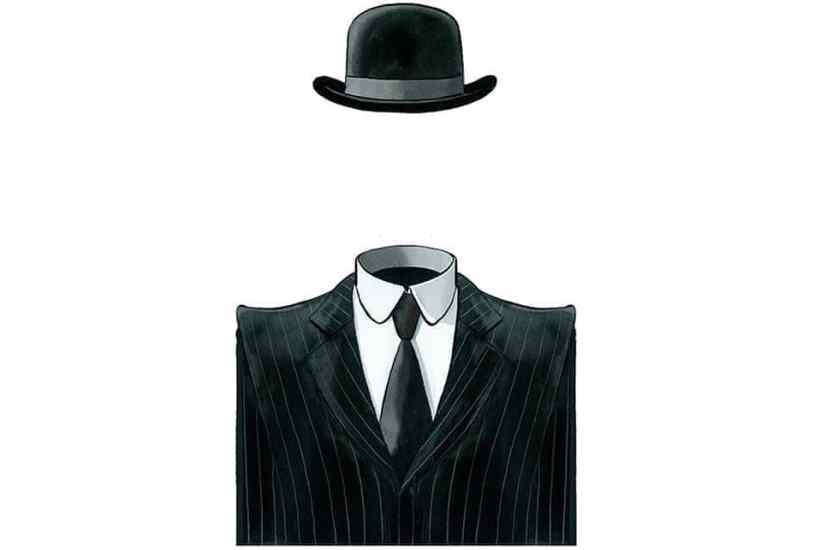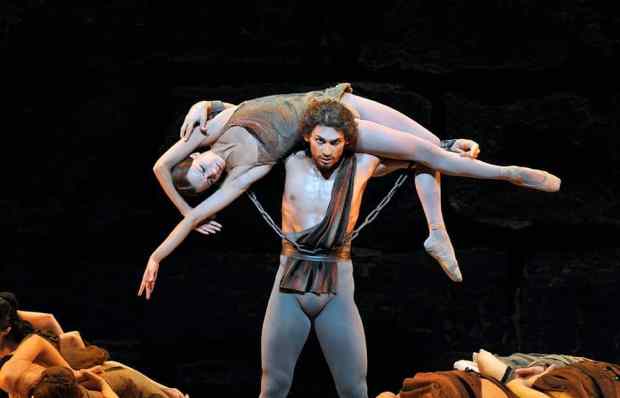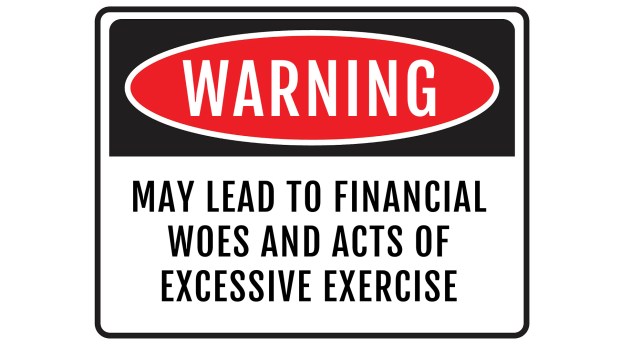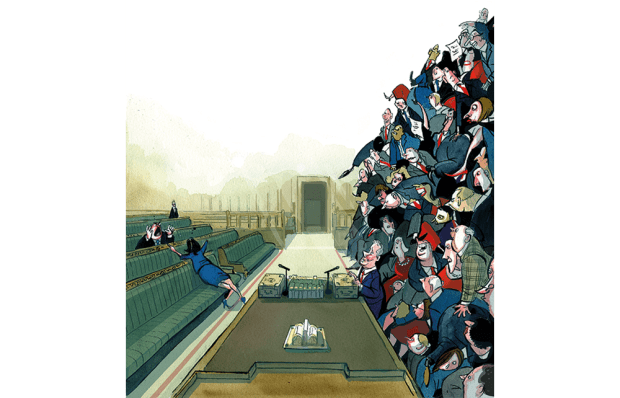In check
Sir: Jade McGlynn (‘Conflict of opinion’, 23 April) has a point that there are many reasons for popular support inside Russia for Putin’s ‘special operation’ to take over Ukraine. Whether a country is a democracy or a repressive dictatorship you will always find supporters of a patriotic war. Nonetheless you have to take into account the effects of a repressive state on ordinary people’s motivation to protest, even if they want to do so. Millions in Russia and Belarus are either state employees or dependent on the state in some existential way. If you protest you are locked up or beaten up; in many cases both. Would you – and I am pointing my Kitchener finger at you here – risk your life or livelihood for your views? One has to understand that on the Russian chessboard the black pieces are clamped; only the white can move.
M.J. Svoboda
Petersfield, Hampshire
This be the verse
Sir: Had Jade McGlynn referred to the greatest of Russian poets, Pushkin, rather than to Yevtushenko, the lessons drawn would have been different. In his poem ‘To the Slanderers of Russia’, Pushkin rebuts the western reaction to the brutal suppression of the Polish/Lithuanian uprising. This is not war, he says, it is a family squabble – keep out! (This is not war, it is just a special military operation, says Putin.) The poem is to be found in an anthology of Pushkin’s verses for school use. It may therefore offer a palliative to the postulated Russian mother. It would bring no such relief to the mother of a Ukrainian soldier.
Jan Deręgowski
Aberdeen
Without a hitch
Sir: I take mild issue with Charlie Metcalfe’s ‘Notes on hitchhiking’ (23 April). A golden age which he omits was the 1950s. Every weekend our 1950s roadsides were awash with National Servicemen in uniform, thumbing their way home and then, only hours later, back to camp. Most speedily completed their journeys, for most families had service connections. Many ‘voluntary chauffeurs’ stopped at a transport cafe to feed their extra passenger or diverted their journey to deposit the man at the barrack gate. The youngest of these hitchhikers will now be at least 82. But this letter may generate some tales, often hilarious. One unfortunate squaddie – Awol, but only by a few hours – was picked up by his Commanding Officer. The CO overlooked the transgression.
R.E. Bland
Storrington, West Sussex
Missing mandarins
Sir: A workshy civil service (‘Workshy Whitehall’, 23 April) could have some unintended, but benign, consequences. There might be fewer pointless and bewildering decisions, or less unwarranted, bureaucratic interference in our lives. I am reminded of the Israeli doctors’ strike many years ago when their country’s mortality rate fell dramatically.
Robin Jacoby
Hethe, Bicester
Beyond belief
Sir: Martin Henry (Letters, 23 April) repeats the dubious claim that faith is a major source of armed conflict. Perhaps he would care to explain why Peace and War, Raymond Aron’s classic study of international relations, barely mentions religion at all? Spiritual allegiance is a form of kinship bond. Like all such bonds, it can be put to corrupt use. So can patriotism or familial ties. But that is quite different from saying that a creed like Christianity causes war. Sift the evidence with care and you are far more likely to see how religion can sometimes be politicised for the sake of what really amounts to power play. So yes, Putin has draped himself in the banner of Eastern Orthodoxy. So did Slobodan Milosevic during the 1990s. But what really spurred these men – sincere Christian belief or their training as opportunistic thugs serving the Communist party?
Rupert Shortt
St Edmund’s College, Cambridge
Holding on
Sir: I read Dan Hitchens’s piece on the beauty of gasholders (Arts, 16 April) with delight, but disagreed with one line. ‘Perhaps you wouldn’t want one towering over your back garden,’ he writes. I consider myself fortunate to have the Grade II-listed gasholder at Oval towering over my little garden. Since its two companions were dismantled to make way for luxury flats, I have become obsessed with taking photographs of the remaining gentle giant from different aspects before it becomes the exoskeleton for apartments. While the view will be drastically changed, Hitchens’s piece has made me thankful that my gasholder will at least remain standing.
Catherine Baksi
Kennington, London
Christianity’s lessons
Sir: Charles Moore (Notes, April 23) is right to draw attention to the strange claim by the Master of Jesus College, Cambridge, that students are refusing to enter the chapel to pray because of the continued presence of the memorial to Tobias Rustat, who was marginally associated with the slave trade. If true, such Jesuans must suppose that Christian worship cannot be conducted in the presence of someone (or a plaque to someone) of whom they disapprove. Perhaps they have been infected by the current fellowship’s notorious association with the regime in China. But Christianity, unlike atheistic communism, teaches that we all fall short of the standards of God, ‘woke’ undergraduates as well as long dead benefactors. Were these young people actually to attend chapel evensong, they might be prompted to ponder the words of the introductory sentence taken from the first epistle of St John: ‘If we say we have no sin, we deceive ourselves and the truth is not in us.’
Francis Bown
London E3
Got something to add? Join the discussion and comment below.
Get 10 issues for just $10
Subscribe to The Spectator Australia today for the next 10 magazine issues, plus full online access, for just $10.
You might disagree with half of it, but you’ll enjoy reading all of it. Try your first month for free, then just $2 a week for the remainder of your first year.














Comments
Don't miss out
Join the conversation with other Spectator Australia readers. Subscribe to leave a comment.
SUBSCRIBEAlready a subscriber? Log in